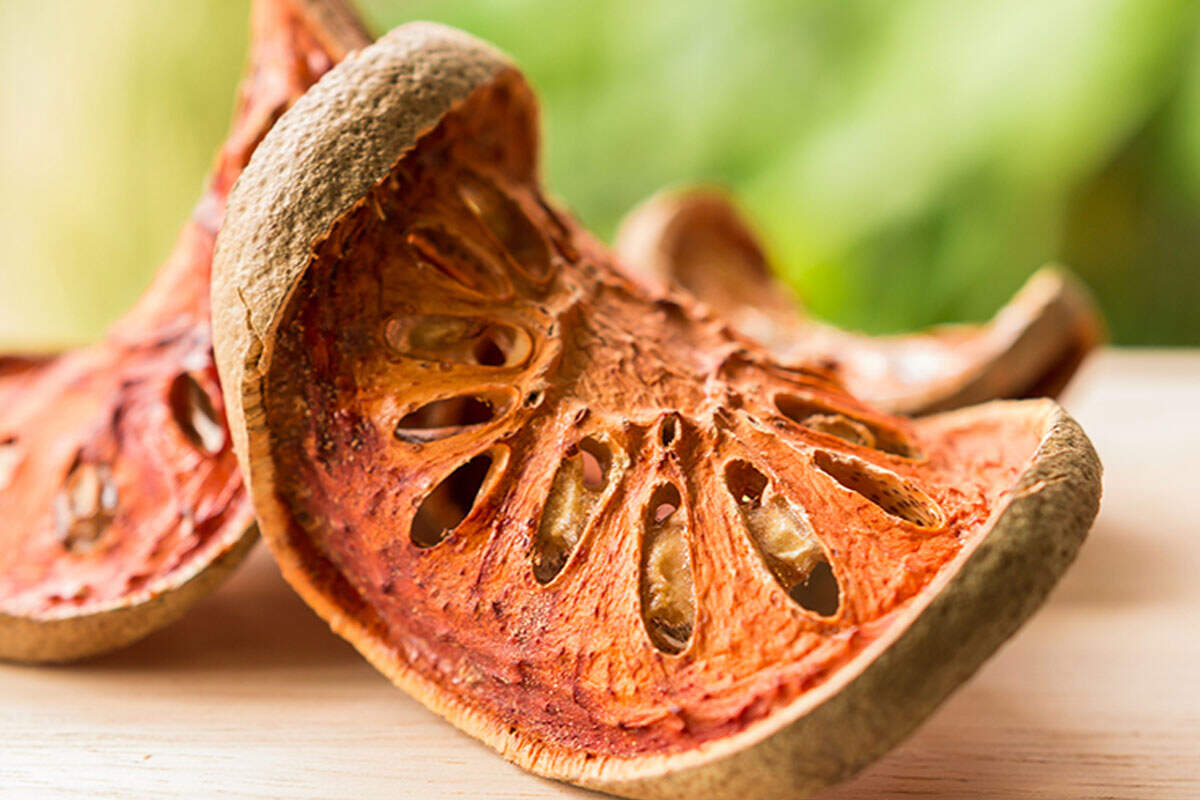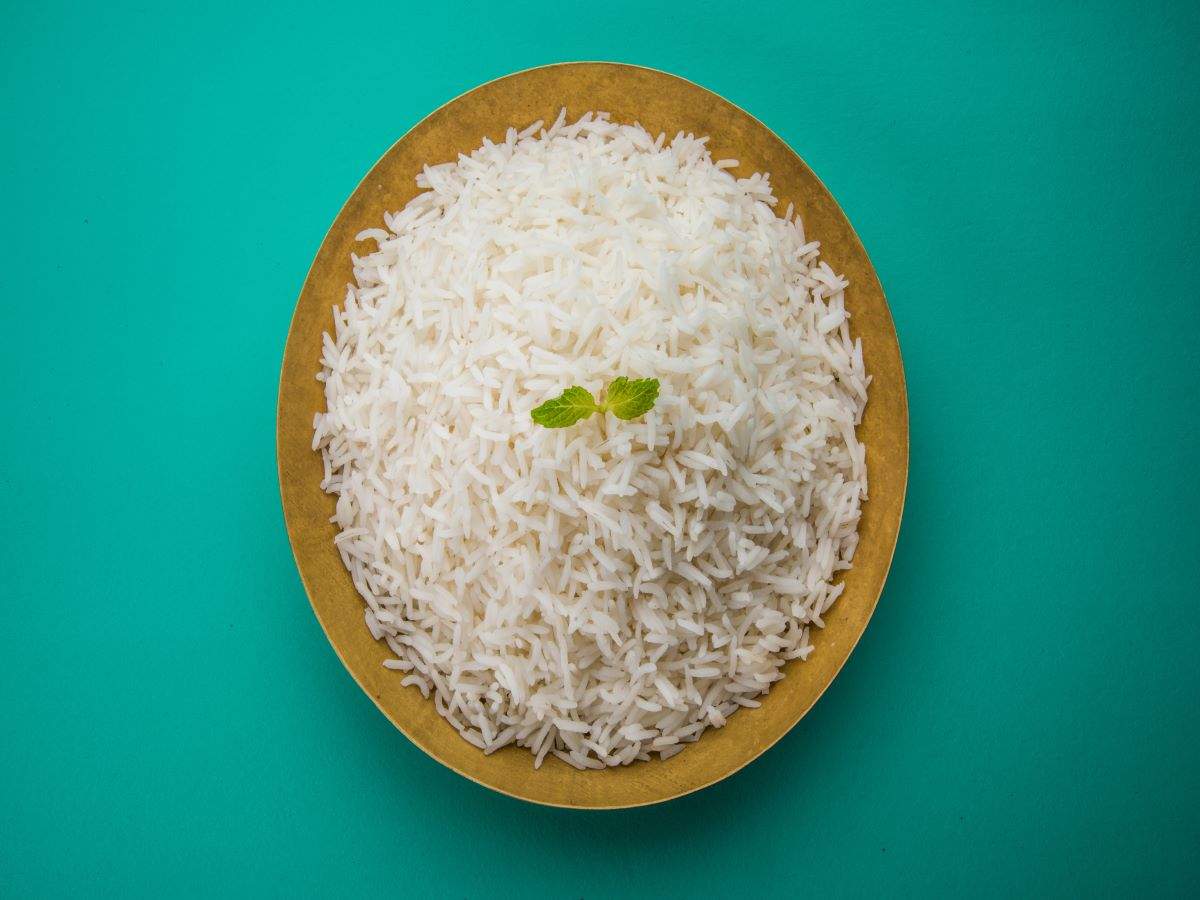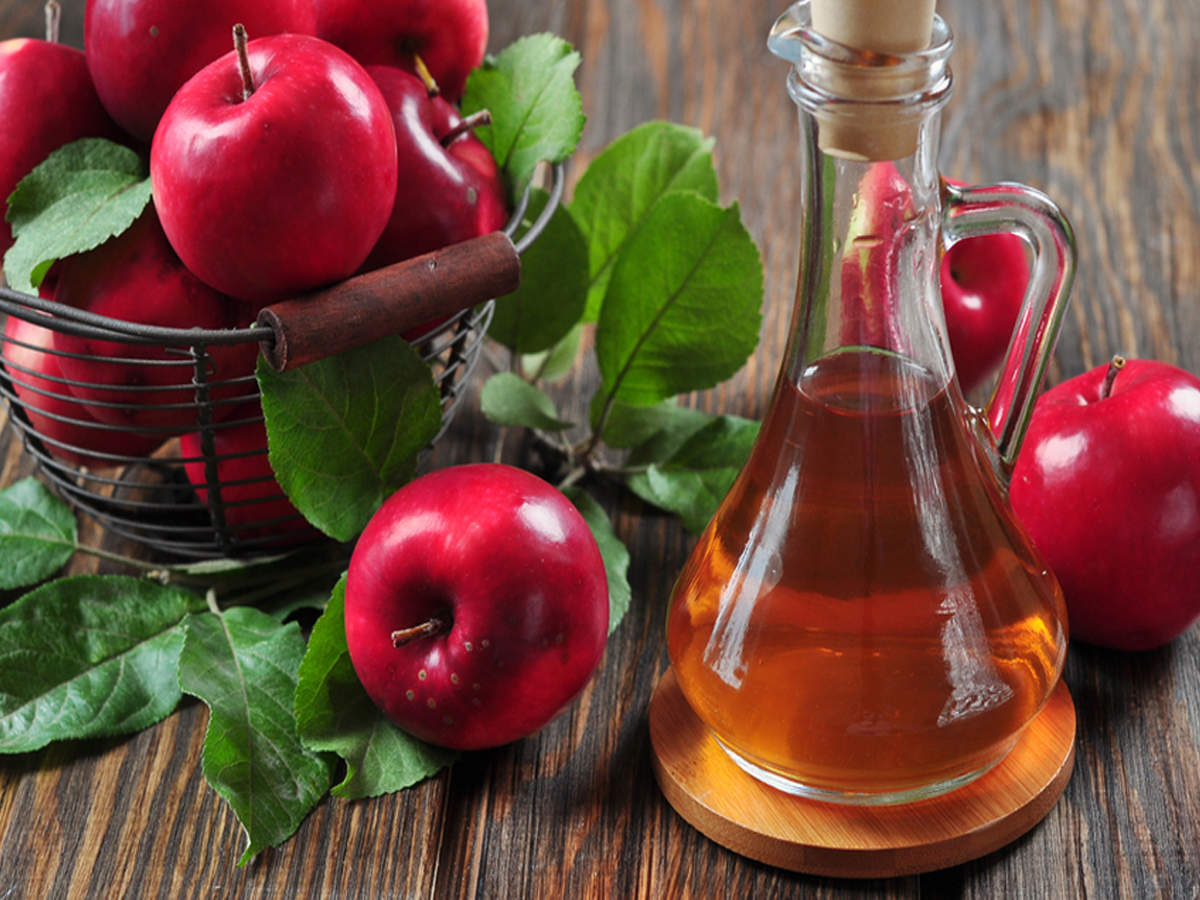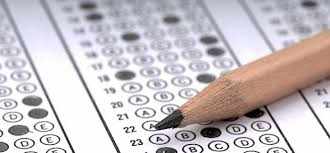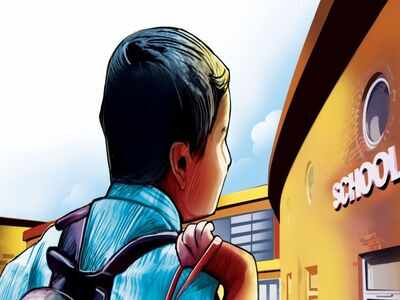
PANAJI: Goa received a perfect score of 10 out of 10 for its midday meal scheme from the Union human resource development (HRD) ministry in the ‘Performance Grading Index’ introduced for states this year.
The state was found to have covered 99% of the 86,327 children at the primary school level and 94% of the 55,137 children in upper primary classes, when the HRD carried out its annual review of the scheme recently. The national average of midday meal coverage is around 80%.
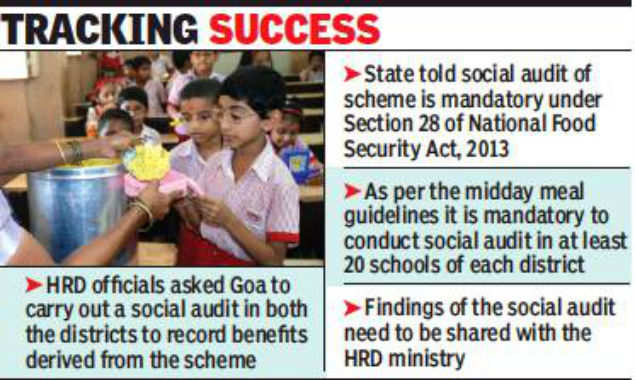
In Goa, students were also provided midday meals for 221 working school days, as against HRD’s minimum requirement of serving midday meal for 220.
HRD ministry officials appreciated the state’s performance and asked Goa’s education officials to aim for 100% coverage under midday meal scheme and “to take measures to maintain the highest Performance Grade Index score consistently”.
“Under ‘Performance Grading Index’, Goa scored 10 against the weightage of 10, of elementary school children taking midday meal against the target approved in government and aided schools. It was observed that there is a significant difference in the proportion of children covered at primary and upper primary level as is evident from 99% coverage at primary level compared to 94% at upper primary level. The state is advised to take necessary steps to enhance the coverage of children at upper primary level,” the minutes of the review meeting held in New Delhi read.
‘Goa contributes more than required’
Goa’s then education secretary Nila Mohanan, who attended the meeting for the state, also pointed out to the HRD officials that state was contributing an additional Rs 1.76 at the primary school level per meal per child each day and similarly 75 paise at the upper primary level ‘over and above the mandatory share the state is supposed to provide under the scheme.
Parent-teacher associations are cooking and serving midday meals in seven schools in the state, where kitchen-cum-stores were constructed by the state government from its own resources. In the remaining 1,466 schools, the meals were being served through women’s self-help groups or mahila mandals, Mohanan said.
The state was found to have covered 99% of the 86,327 children at the primary school level and 94% of the 55,137 children in upper primary classes, when the HRD carried out its annual review of the scheme recently. The national average of midday meal coverage is around 80%.

In Goa, students were also provided midday meals for 221 working school days, as against HRD’s minimum requirement of serving midday meal for 220.
HRD ministry officials appreciated the state’s performance and asked Goa’s education officials to aim for 100% coverage under midday meal scheme and “to take measures to maintain the highest Performance Grade Index score consistently”.
“Under ‘Performance Grading Index’, Goa scored 10 against the weightage of 10, of elementary school children taking midday meal against the target approved in government and aided schools. It was observed that there is a significant difference in the proportion of children covered at primary and upper primary level as is evident from 99% coverage at primary level compared to 94% at upper primary level. The state is advised to take necessary steps to enhance the coverage of children at upper primary level,” the minutes of the review meeting held in New Delhi read.
‘Goa contributes more than required’
Goa’s then education secretary Nila Mohanan, who attended the meeting for the state, also pointed out to the HRD officials that state was contributing an additional Rs 1.76 at the primary school level per meal per child each day and similarly 75 paise at the upper primary level ‘over and above the mandatory share the state is supposed to provide under the scheme.
Parent-teacher associations are cooking and serving midday meals in seven schools in the state, where kitchen-cum-stores were constructed by the state government from its own resources. In the remaining 1,466 schools, the meals were being served through women’s self-help groups or mahila mandals, Mohanan said.
World Cup 2019
Trending Topics
LATEST VIDEOS
More from TOI
Navbharat Times
Featured Today in Travel
Quick Links
Lok Sabha Election Schedule 2019Lok Sabha Election NewsDelhi Capitals teamMI team 2019Rajasthan Royals 2019RCB team 2019Maharashtra Lok Sabha ConstituenciesBJP Candidate ListBJP List 2019 TamilnaduShiv Sena List 2019AP BJP List 2019Mamata BanerjeeBJP List 2019 MaharashtraPriyanka GandhiBJP List 2019 KarnatakaAMMK Candidate List 2019BJP List 2019 WBLok Sabha Elections in Tamil NaduBSP List 2019 UPNews in TamilLok Sabha Poll 2019Satta Matka 2018PM ModiMahagathbandhanNagpur BJP Candidate ListChandrababu NaiduTamil Nadu ElectionsUrmila MatondkarNews in TeluguMadras High CourtTejashwi YadavArvind KejriwalTejasvi SuryaPawan KalyanArvind KejriwalYogi AdityanathJaya PradaSatta King 2019Srinagar encounter
Get the app




